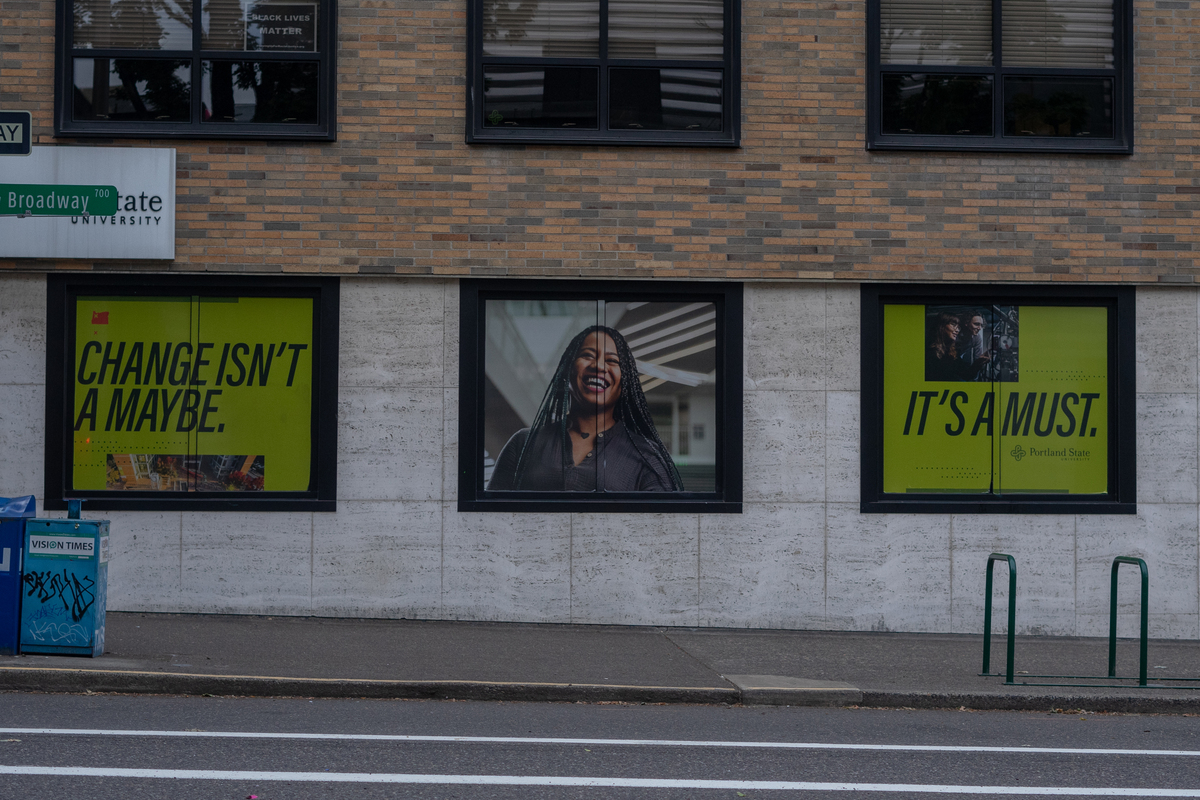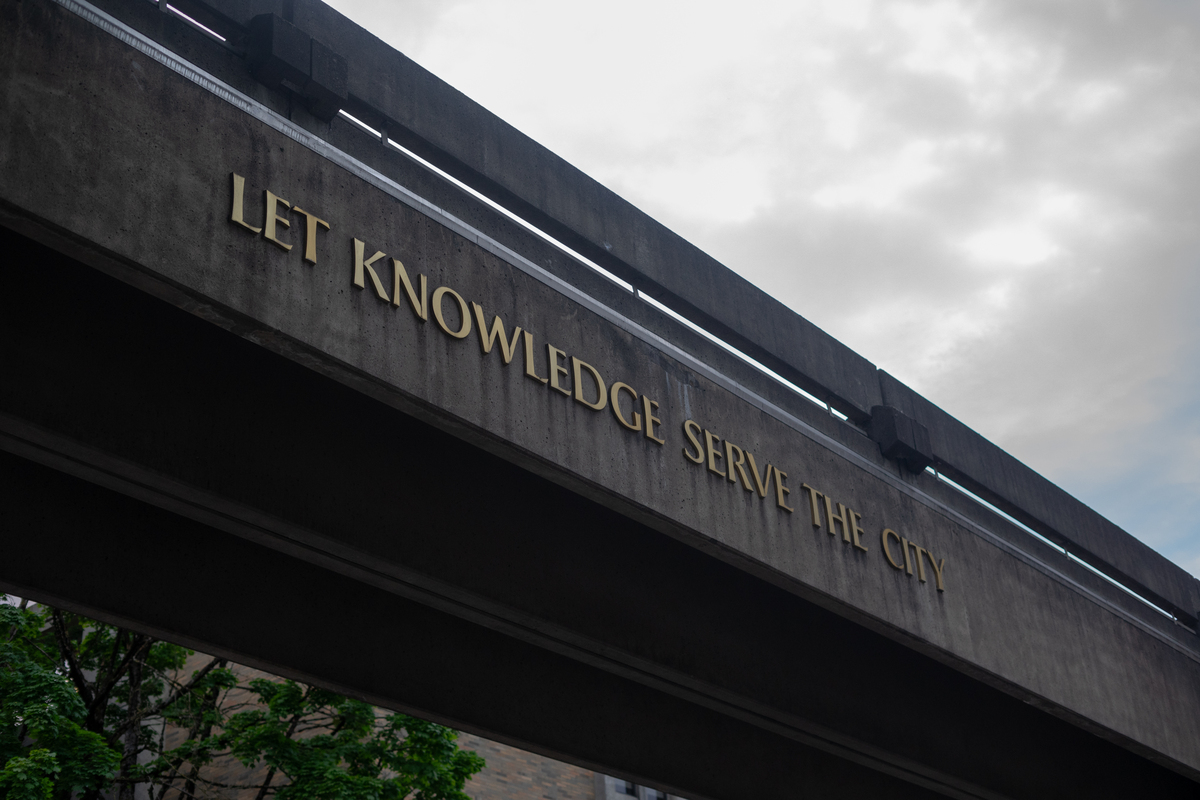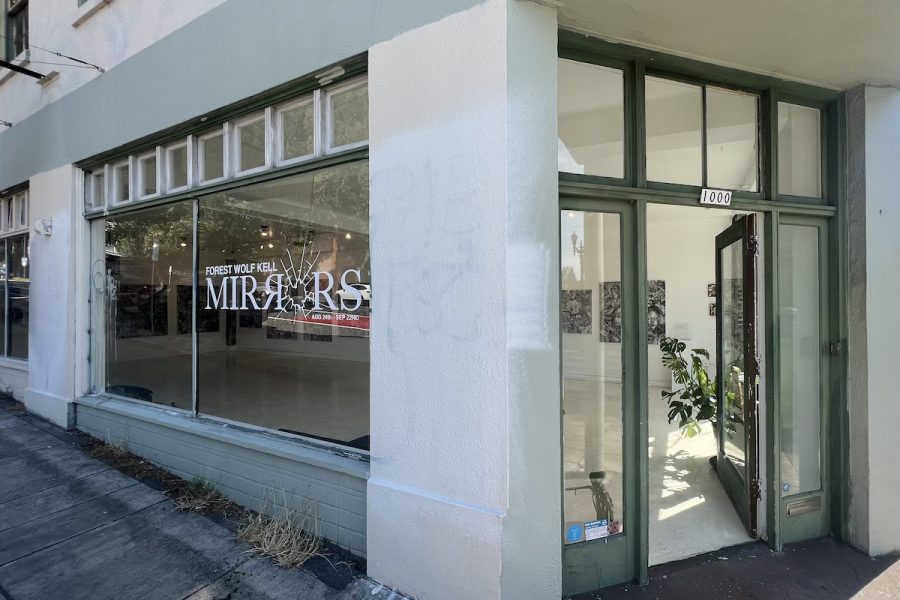Editor Note: PSUFA announced a breakthrough in their negotiations with the administration. Earlier sentiments of an impending impasse have shifted, as PSUFA revealed in an official statement on Sept. 19 that they have reached a tentative agreement with the administration. Stay tuned for the latest updates on this development by following us on Instagram @psuvanguard. We will provide ongoing coverage on this evolving story.
The Portland State University Faculty Association (PSUFA), who have been bargaining for a Cost of Living Increase (COLA), announced on their blog on Aug. 29 that the PSU administration has initiated formal mediation with the Employee & Labor Relations Board.
The blog explained how mediation can be initiated by either side of the bargaining table after 150 days of bargaining if an agreement has not been reached. However, the blog stated that this announcement surprised their bargaining team, as the administration previously seemed to agree mediation was unnecessary.
“Why is PSU calling for mediation as soon as they are legally allowed to, and without giving PSUFA any indication this was the direction they were moving?” The blog stated. “We hope that it is motivated by a commitment to continue bargaining in good faith and in a democratic spirit and not an attempt at unilateral implementation of their vision of ‘fairness’ and ‘equity’ upon our unit.”
In a previous interview, PSU President Ann Cudd explained how she was very optimistic that a solution could be found and believed mediation would help both parties reach an agreement. Though PSUFA is willing to participate in collective action, Cudd said at the beginning of the term that she does not believe a strike is possible, given Oregon law.
Erica Thomas—adjunct professor in the university studies department and PSUFA’s chair of political action—explained how PSUFA legally cannot take collective action until they complete the mediation process and reach an impasse. Thomas said if both parties reach an impasse, they must abide by a 30-day cooling-off period, during which they cannot legally strike or take any collective action. According to Thomas, the soonest they would be allowed to strike would be towards the end of the fall term.
“Personally, I think [mediation] is a good thing because the membership is not happy with the packages that have been offered so far at all,” Thomas said. “They are extremely upset about the packages that have been offered, and there is no legal pathway towards striking unless we go to mediation.”
PSUFA’s most recent bargaining session on Sept. 1 resulted in the PSU administration presenting PSUFA with a counter-proposal, which looked “remarkably similar to—and in many ways worse than—the packages they presented [to PSUFA] on July 19,” according to the blog.
At the Sept. 1 bargaining session, the administration announced it would increase the COLA to the per-credit minimum from 6.5% to 10%, which aligns with PSUFA’s demands. However, the blog explained how this increase came at the cost of their other demands. Though the administration met demands for an increase, it rescinded their verbal agreement to pick up retirement at 6% and its offer of an additional $25,000 to the Adjunct Faculty Assistance Fund for caregivers—a $15,000 a year increase to the Faculty Education Fund. The administration also offered no length-of-service increase for adjuncts employed for 12 or more years.
Still, according to the blog, this raise only puts adjuncts at a 1.7% increase to what they made in 2019 when adjusted for inflation. With many adjuncts struggling to make ends meet, PSUFA representatives have expressed the dire need for a COLA.

Alison Lutz—adjunct professor in the school of art and design and member of the PSUFA bargaining team—explained how she has multiple part-time jobs besides her role at PSU. She said that working multiple jobs outside of the education field impacts her ability to dedicate time and energy to her job at PSU.
“My attention is spread to all of these different jobs, and I’m not able to pour as much energy into my teaching as I would want,” Lutz said. “I would like to be there for my students, answering their emails every day, but I don’t… because I have other jobs that I have to attend to. If I was as accessible as my students needed me to be, I would be working all the time. Unfortunately, I just have to make a call, and that call is that I’m not able to be there for my students in the way that I would prefer, based on just the fact that I have five part-time jobs.”
Despite these issues, Lutz explained how being an adjunct offers her enough flexibility to maintain her studio practice, and that her love of teaching keeps her at PSU.
“Nobody becomes a teacher to become a millionaire,” Lutz said. “You are a teacher because you like engaging with people. You like exploring new ideas. You like seeing students grow and being a part of that process of growth and engaging with the next generation in your field. The administration knows that this is a labor of love, and so they’re willing to exploit that.”
Thomas said she works 60–80 hours a week at multiple jobs and had to choose her career over having children.
“The reason that I chose not to have children was because—for me—it’s [either] art or kids, and there is no way for me to afford a comfortable life with children in this space,” Thomas explained. “In this context, it’s just not possible.”
Thomas says roughly 70% of adjuncts are women, making adjunct pay inequality a gender equity issue. She said she doesn’t feel supported by PSU in her job, especially in the way she needs it most—equal pay for equal work.
“People are literally homeless in our bargaining unit,” Thomas said. “The stress of having that kind of economic precarity in your life is so harsh. Student learning conditions are negatively affected when their faculty members—their teachers—have a bad contract that puts them in this precarious position, that makes them choose between doing free work or not fulfilling basic expectations that undergraduate students should have. We’re fighting for students to have a better educational experience, and we’re fighting against the adjunctification of the university. We want stability, we want fair pay, and we want support from the university in economic terms.”
PSU tentatively scheduled the next bargaining session for Sept. 18. Members and supporters of PSUFA can attend Bargaining Town Hall meetings on campus or over Zoom on Sept. 21 and Sept. 26 from 5–6 p.m.






